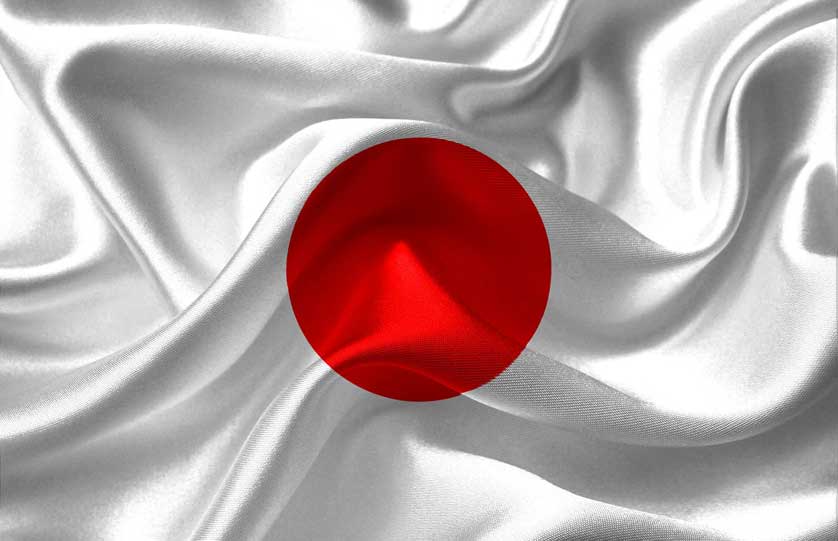 As Abe has resigned, Japan's future rests on the shoulder of the next PM. (Image via Japan Visitor)
As Abe has resigned, Japan's future rests on the shoulder of the next PM. (Image via Japan Visitor)
COVID-19 to delayed population problem, what awaits the next PM?
Prime Minister of Japan, Shinzo Abe, announced on 28 August that he would resign from the position due to the health condition, ulcerative colitis. Reigning since 2012, Abe rose as the longest-service Japanese PM in post-war history. Not only the PM post but also Abe will resign from his seat as the leader of the majority party in the Japanese government, the Liberal Democratic Party (LDP).
LDP is holding the election for its leader on the upcoming 14 September. Passing the baton to other candidates, Abe also gives his unfinished tasks and unfulfilled objectives to whosoever the leader will be. What are those?
First things first, the handling of the novel coronavirus (COVID-19), the main reason for the postponement of the Tokyo Summer Olympics. Abe's reign was criticized for the tardiness and unnecessary policy such as distributing cloth masks. Meanwhile, the cash handout? Controversial. Hitting the nail to the coffin, the domestic travel encouragement sparked outrage in fear of new hotspots of COVID-19 infections.
As the virus season approaches Japan, a country with the oldest population in the world, health experts warn Japan to quickly look for ways to flatten the curve and contain COVID-19 infections, such as increasing testing all over Japan.
Next, reviving Japan's economy. During the second quarter of 2020 (April - June), Japan's economy was battered the worst by shrinking by 7.8%. The Japanese government does not impose strict business closure; the recession had been lurking in the corner before the pandemics, and the pandemics made it happen. Therefore, steps must be taken in order to boost the feeble productivity.
The next PM should also address the postponement of the Summer Olympics wisely, from the mass infection prevention to the bill that came with the delay. While Japan is still closing itself from foreign tourists, the number of audience at domestic games remain capped, creating unfeasibility speculation. Therefore, according to a poll, only one in four Japanese people want the Olympics to proceed, the rest want it postponed or canceled.
Moreover, the next PM should tighten Japan's ties with its other best friends, especially the United States (U.S). As the U.S Presidential Election is approaching, the next PM should be able to maintain ties with the next U.S president. Not to mention, Japan should bridge the U.S and China as its two friends are at each other's throat. Between the devil and the deep blue sea, relying on the U.S is not enough, and handling China is trickier than ever.
The last problem to address is the population problem. As mentioned before, Japan is the country with the oldest population in the world. In other words, Japan is suffering from low birthrate. Previously, Abe tried to tackle the patriarchy in Japan by putting a spotlight on women. However, it yielded limited success as the top management in Japan is still grasped by men and Japan ranked 121st out of 153 countries in terms of gender equality according to the World Economic Forum.
How about that? Can the next PM solve it?
Source: https://bit.ly/2EQQ9uM
 English
English Japan
Japan
